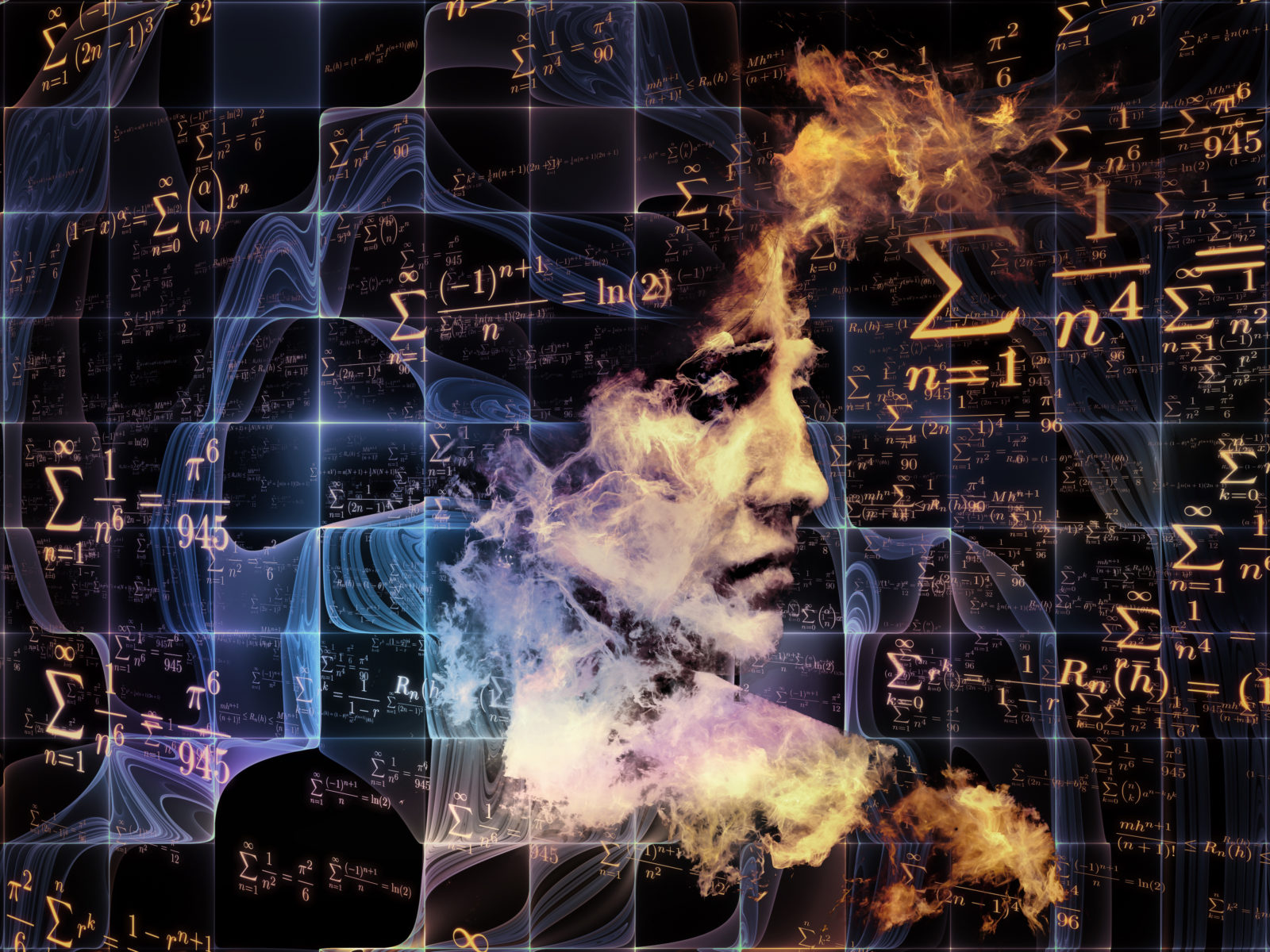
Encyclopedia Entry on Intelligent Design
Intelligent design begins with a seemingly innocuous question: Can objects, even if nothing is known about how they arose, exhibit features that reliably signal the action of an intelligent cause? To see what’s at stake, consider Mount Rushmore. The evidence for Mount Rushmore’s design is direct — eyewitnesses saw the sculptor Gutzon Borglum spend the better part of his life Read More ›



